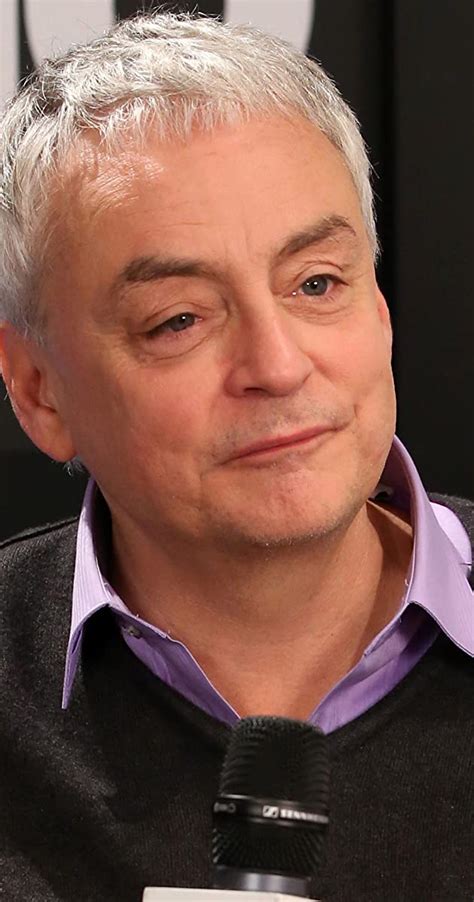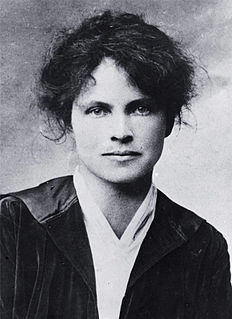A Quote by David Elkind
So while it is true that children are exposed to more information and a greater variety of experiences than were children of the past, it does not follow that they automatically become more sophisticated. We always know much more than we understand, and with the torrent of information to which young people are exposed, the gap between knowing and understanding, between experience and learning, has become even greater than it was in the past.
Quote Topics
Always
Automatically
Become
Between
Children
Does
Even
Experience
Experience And Learning
Experiences
Exposed
Follow
Gap
Greater
In The Past
Information
Know
Knowing
Knowing And Understanding
Learning
More
Much
Past
People
Sophisticated
Than
Torrent
True
Understand
Understanding
Variety
Were
Which
While
Young
Young People
Related Quotes
Many more children observe attitudes, values and ways different from or in conflict with those of their families, social networks,and institutions. Yet today's young people are no more mature or capable of handling the increased conflicting and often stimulating information they receive than were young people of the past, who received the information and had more adult control of and advice about the information they did receive.
Parents who are cowed by temper tantrums and screaming defiance are only inviting more of the same. Young children become more cooperative with parents who confidently assert the reasons for their demands and enforce reasonable rules. Even if there are a few rough spots, relationships between parents and young children run more smoothly when the parent, rather than the child, is in control.
What parents said they valued most were discussions with teachers and heads, and what they wanted was more descriptive information in their children's school reports. This is particularly true for primary schools. Parents wanted to know much more than just how their children were doing academically.
In a world in which we are exposed to more information, more options, more philosophies, more perspectives than ever before, in which we must choose the values by which we will live (rather than unquestioningly follow some tradition for no better reason than that our own parents did), we need to be willing to stand on our own judgment and trust our own intelligence-to look at the world through our own eyes-to chart our course and think through how to achieve the future we want, to commit ourselves to continuous questioning and learning-to be, in a word, self-responsible.
Our children are exposed to 10, 20, 30 times the number of words that our great-grandfathers were exposed to. We're exposed in a single day or two to more horror on our Internet Web pages than our great-grandfathers were exposed to in decades of living. We have not created modern minds for that modern world. Science and technology has just dumped it on us. And I think people yearn for it. I think you see it in what's popular. Why are people wanting to learn about meditation and talking about a purpose-driven life? It's because they know more is needed in the modern world.
We can glut ourselves with how-to-raise children information . . . strive to become more mature and aware but none of this will spare us from the . . . inevitability that some of the time we are going to fail our children. Because there is a big gap between knowing and doing. Because mature, aware people are imperfect too. Or because some current event in our life may so absorb or depress us that when our children need us we cannot come through.
People are much more likely to act on their self-percepts of efficacy inferred from many sources of information rather than rely primarily on visceral cues. This is not surprising because self knowledge based on information about one's coping skills, past accomplishments, and social comparison is considerably more indicative of capability than the indefinite stirrings of the viscera
Marriage is not mainly about prospering economically; it is mainly about displaying the covenant-keepin g love between Christ and his church. Knowing Christ is more important than making a living. Treasuring Christ is more important than bearing children. Being united to Christ by faith is a greater source of marital success than perfect sex and double-income prosperity.
Some of this is unavailable to the male-female union: there is more likely to be greater understanding of the need for extramarital outlets between two men than between a man and a woman; and again, the lack of children gives gay couples greater freedom. Their failures entail fewer consequences for others. But something of the gay's relationship's necessary honesty, its flexibility, and its equality could undoubtedly help strengthen and inform many heterosexual bonds.
The teachers of small children are paid more than they were, but still far less than the importance of their work deserves, and they are still regarded by the unenlightened majority as insignificant compared to those who impart information to older children and adolescents, a class of pupils which, in the nature of things, is vastly more able to protect its own individuality from the character of the teacher.
We have more information now than we can use, and less knowledge and understanding than we need. Indeed, we seem to collect information because we have the ability to do so, but we are so busy collecting it that we haven't devised a means of using it. The true measure of any society is not what it knows but what it does with what it knows.
Most women without children spend much more time than men on housework; with children, they devote more time to both housework andchild care. Just as there is a wage gap between men and women in the workplace, there is a "leisure gap" between them at home. Most women work one shift at the office or factory and a "second shift" at home.





































